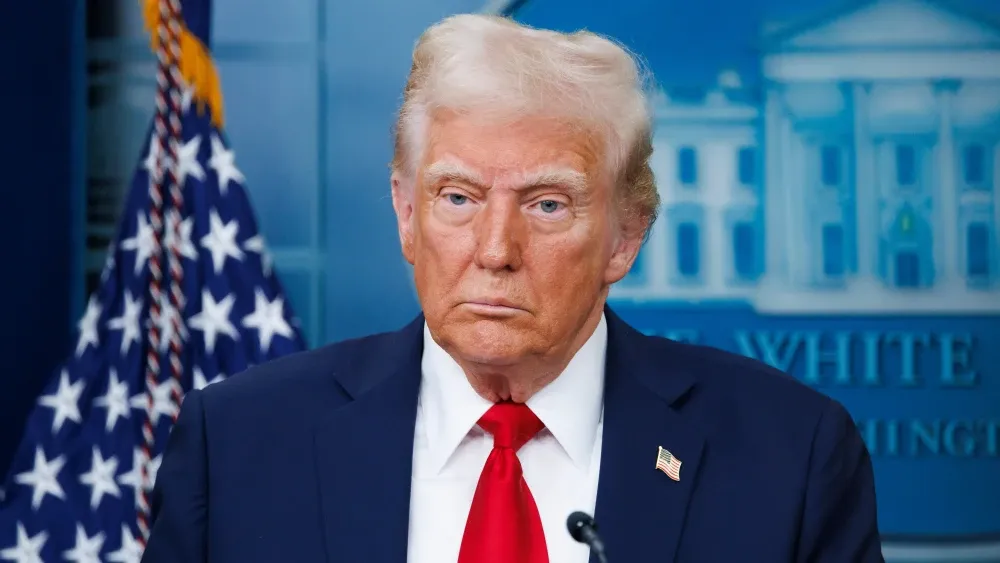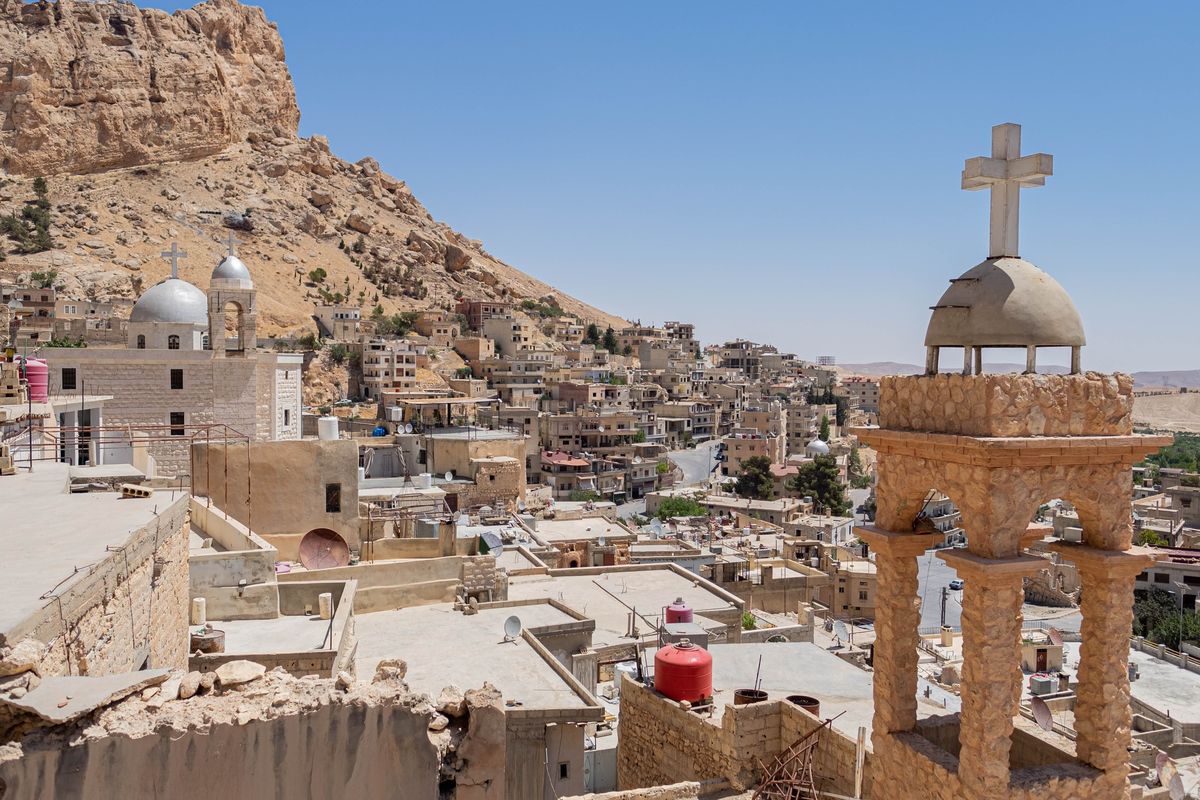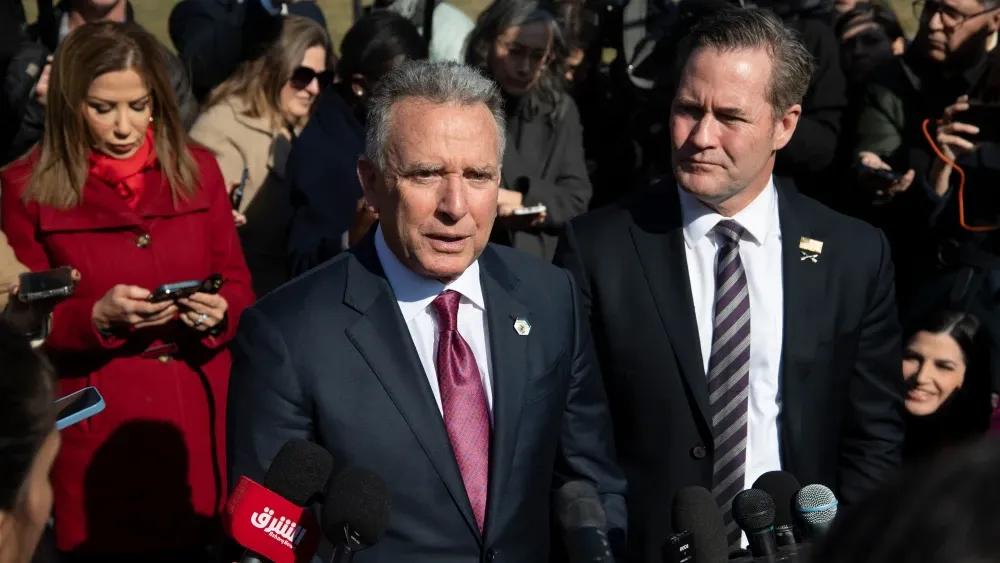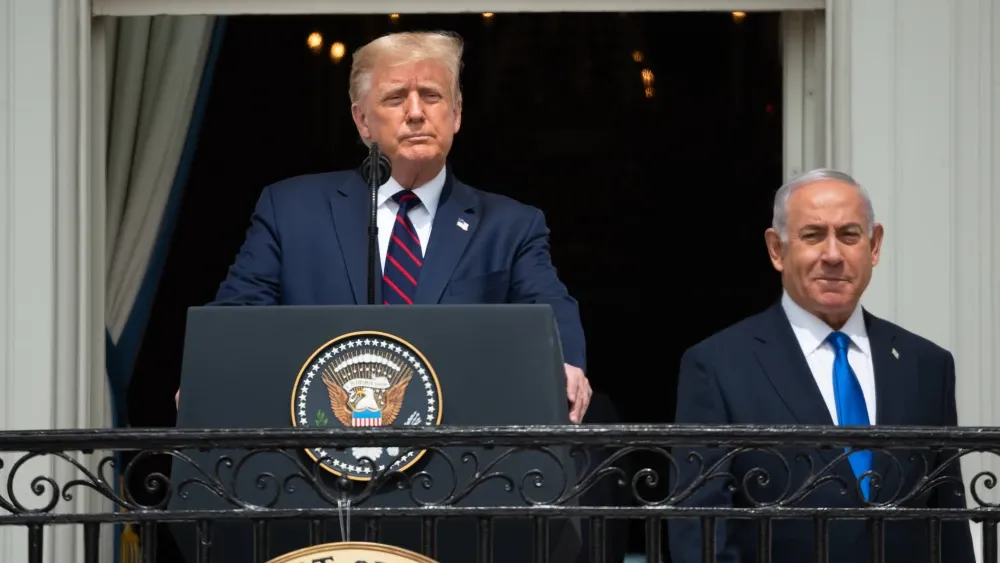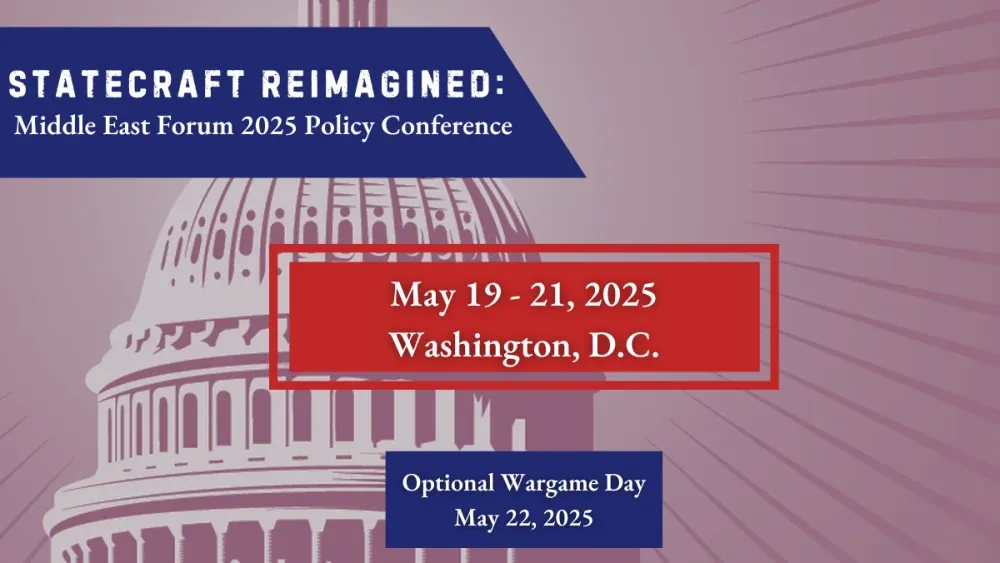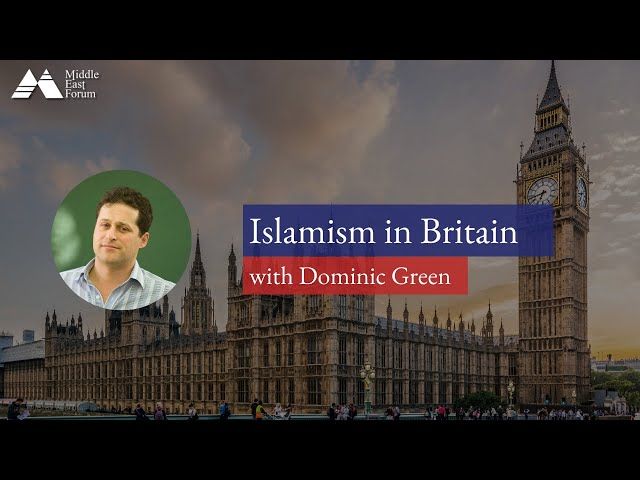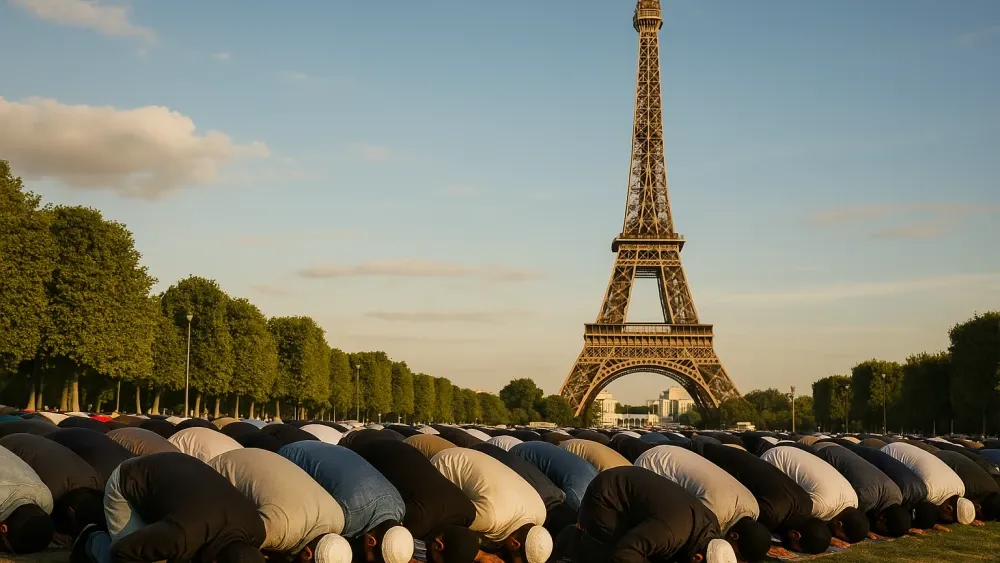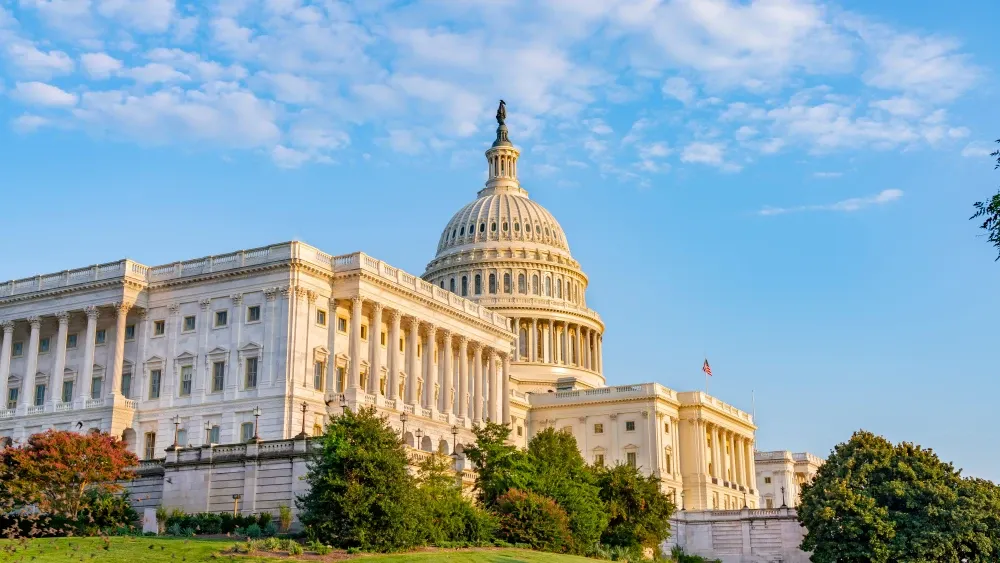| ||
 | ||
| Iran Is Playing for Time; An Eastern Med. Alliance; Islamism Overseas; A New Bill on Special Interest Aliens By Winfield Myers ● Apr 16, 2025 Smart Brevity® count: 6.5 mins...1749 words Recent statements about U.S. talks with Iran are cause for confusion—and concern. What, if any, are the concessions? And why? In their respective articles, Jonathan Spyer and Lazar Berman both warn that Iran benefits from dragging the talks out because—as we all know—the nuclear clock is ticking. Gregg Roman advocates formalizing the 3 + 1 strategic alliance: Greece, Cyprus, and Israel plus the U.S., as a “beacon of stability in the tumultuous Eastern Mediterranean.” This counterweight to Turkey, Russia, and Iran is a strategic imperative for the U.S. Dominic Green describes the parallel society that authorities in the U.K. have allowed to arise in areas heavily populated by Muslims. The result is cultural fragmentation and widespread security concerns. Still, says Green, it’s not time to write Britain off thanks to a “massive, massive public reaction against all of this.” In France, meanwhile, an AI-generated video about Paris in 50 years—based on up-to-date demographic projections—paints a frightening image of a sharia-compliant city. We close with an analysis of a new House bill that, argues Todd Bensman, deserves bipartisan support for its promise of ending government secrecy on aliens from countries where Islamist terrorist organizations operate: special interest aliens (SIAs). Bensman dissects the bill and offers an amendment or two to strengthen it. | ||
Iran Is Playing for Time in the U.S. Nuclear TalksThe U.S. and Iran have kicked off nuclear talks in Oman, with Iran playing its usual game of strategic patience. Why it matters: Contrary to some of the more overheated commentary of recent months, the Iranian regional project has not been destroyed, or even conclusively defeated. Rather, it has been weakened, significantly.
What's next: Iran's game plan is simple—either secure a deal akin to the Joint Comprehensive Plan of Action (JCPOA) or drag out talks to dodge sanctions and military threats.
Our thoughts: The stakes couldn't be higher for U.S. foreign policy.
To read the full article, click here. | ||
Event: “Syria in Transition: What Does the Future Look Like for Christians in an Islamist Syria?”After nearly fourteen years of devastating civil war, the world witnessed Syria fall to Islamist militias in December 2024. While the collapse of the Assad regime was indeed a positive development for Syria and the world, the newly formed Syrian transitional government—dominated by Islamist extremists and foreign warlords who espouse al-Qaeda philosophy—presents an existential threat to Syria’s vulnerable, two-thousand-year-old Christian communities and threatens American interests in regional stability. Join IDC in examining what the future looks like for Christians in an Islamist Syria, and what the world community must do to avert civilizational catastrophe. Featuring:
When: April 23, 2025 at 6:00PM Where: To register, click here. | ||
Iran Wants to Drag Out Talks, Trump Wants a Deal Now. Neither Is Good for IsraelThe U.S. and Iran's nuclear talks in Oman have sparked unexpected optimism, but at what cost? Why it matters: This diplomatic dance could severely undermine Israel's security and alter Middle Eastern power dynamics.
A new tune: Iran's shift from defiance to diplomacy is strategic, crafted to test U.S. resolve and buy time.
What's next: As talks continue, the threat of Iran advancing its nuclear capabilities looms large, challenging the U.S.'s red lines.
The bottom line: If talks don’t fall apart on their own, Israel will look to top U.S. officials like National Security Adviser Mike Waltz and U.S. Secretary of State Marco Rubio to convince Trump to use the ample leverage he has created to push Iran into a far stricter deal than it wants. To read the full article, click here. | ||
Securing the Future: Why the 3+1 Strategic Alliance Must Be PermanentThe "3+1" format—Greece, Cyprus, Israel, and the U.S.—is a strategic bulwark in the volatile Eastern Mediterranean. Why it matters: Formalizing this alliance is essential to confronting ongoing aggression of Turkey, Russia, and Iran.
The threat landscape: Turkey's belligerence and Russia’s regional ambitions demand a unified counter-response.
Economic and military benefits: Projects like the EastMed pipeline are vital but vulnerable without robust security.
What's next: The "American-Hellenic-Israeli Eastern Mediterranean Counterterrorism and Maritime Security Partnership Act of 2025" is a critical step forward.
To read the full article, click here. | ||
New Speakers Announced! – Register Now for Our 2025 Policy ConferenceRegister now for our 2025 policy conference, "Statecraft Reimagined" in Washington, D.C. – space is limited! To register, click here. | ||
Dominic Green on Islamism in BritainDominic Green, historian and columnist, spoke to a recent Middle East Forum Podcast about the alarming growth of Islamism in the United Kingdom. Why it matters: The U.K.'s leniency has allowed parallel Islamist societies to flourish, creating a breeding ground for extremism that threatens national security.
A fractured society: Decades of misguided immigration policies have led to isolated communities resistant to assimilation.
The bottom line: As public anger mounts, the political establishment faces intense pressure to act decisively.
To read the full summary and watch the video, click here. | ||
Eurabia: If AI Is More Real than JournalismAn AI-generated video—based on current demographic projections—paints a stark picture of Paris in 2050, overtaken by Islamist influence—a chilling forecast that could prove accurate if Europe's trajectory remains unchanged. Why it matters: This vision underscores the potential for seismic cultural shifts as Muslim demographics rise unchecked, transforming the heart of Europe.
A changing landscape: Marseille exemplifies this shift, as its Muslim population was between 30 and 40 percent over a decade ago. Today is has 80 Islamic worship sites.
The bottom line: Without decisive action, Europe risks succumbing to the future portrayed by the AI video—a future in which European culture has been swept away. To read the full article, click here. | ||
MTG’s ‘Special Interest Aliens’ Bill Deserves Democrat SupportRep. Marjorie Taylor Green's "Special Interest Alien Reporting Act" targets the alarming secrecy around special interest aliens (SIAs) crossing U.S. borders. Why it matters: This bill demands Department of Homeland Security (DHS) transparency on SIA entries from terrorist-linked countries, holding DHS accountable for border security lapses that have let potential threats slip through.
Breaking the silence: For too long, DHS has concealed SIA crossing data and screening failures. Green's bill pulls back the curtain, pushing for public awareness and action.
The urgent call: Bensman’s proposed amendments seek not just transparency but accountability, demanding details on screening percentages and evolving threats.
To read the full article, click here. | ||
Further Reading: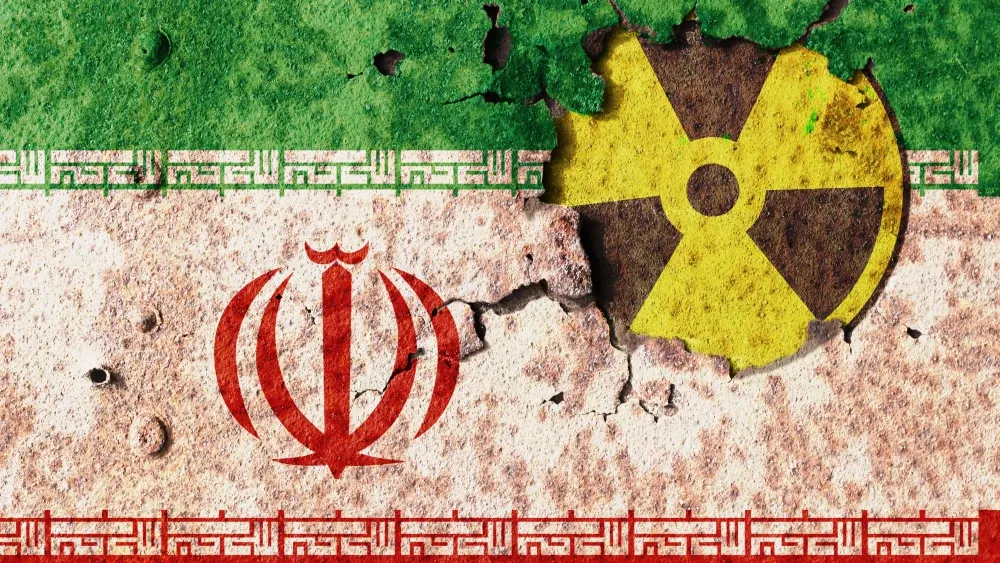
| ||
| As talks with Iran continue and events across the Middle East develop daily, the Middle East Forum strives to keep you informed with concise analyses you can count on. As always, we invite you to forward this issue to a friend and to use the comments feature to let us know your thoughts on the Dispatch and the issues we cover. Sincerely, Winfield Myers | ||
| Was this edition useful? Your email will be recorded and shared with the sender | ||
| Powered by | ||
| ||

